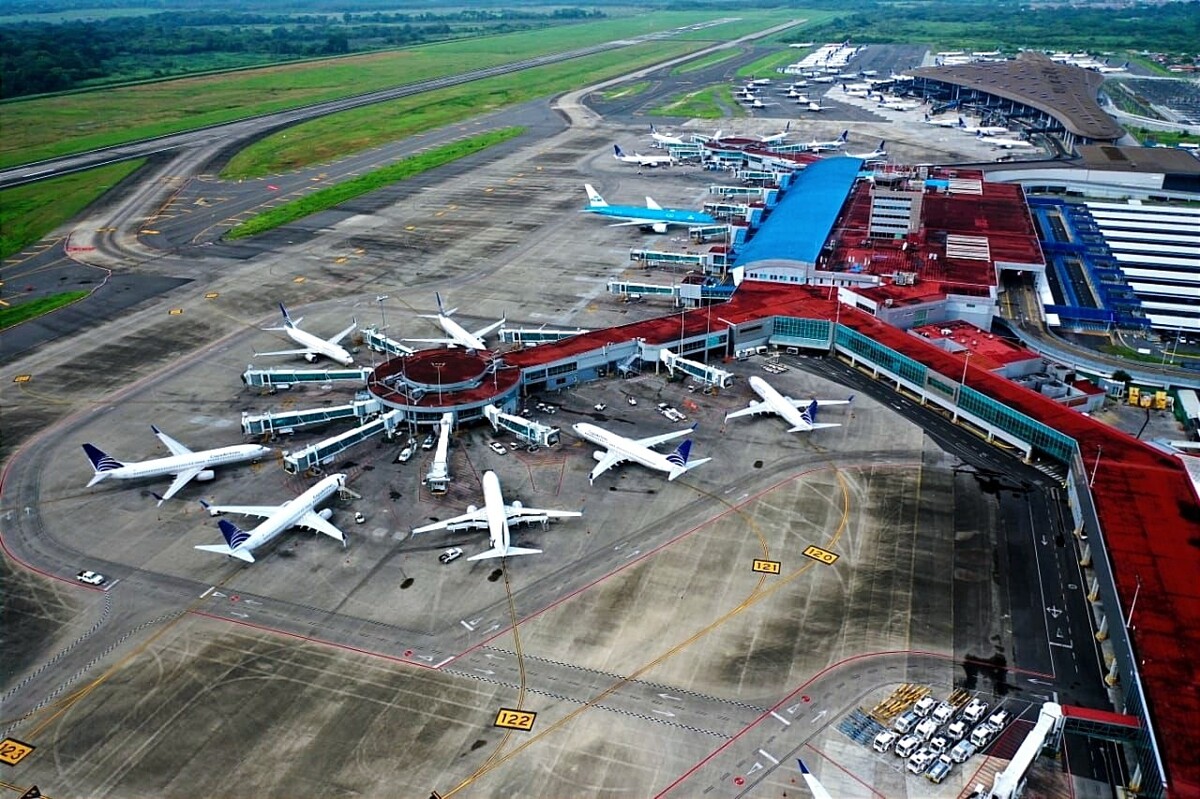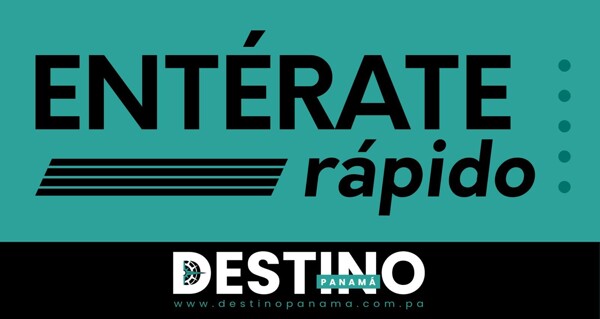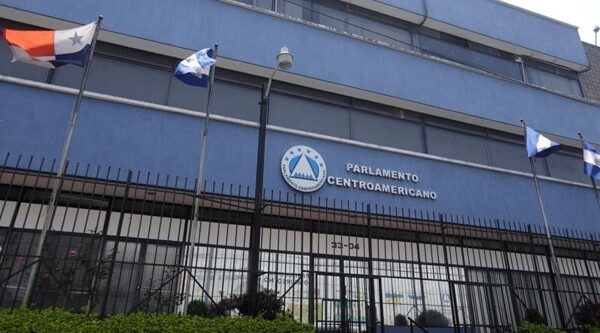
Panama has been included in lists of "laundering" countries due to the fact that the main individuals involved escape justice by seeking asylum in embassies. The concession of the Tocumen complex, along with the management of other airports, involves handing over a crucial resource for the country's air sovereignty to foreign hands.
The Tocumen international airport, built with a public investment that exceeded the initially budgeted 400 million, attracts millions of passengers annually, which could generate significant short-term profits. However, there are plans to hand over this lucrative business to foreign companies looking to benefit from the Latin American region.
On the other hand, Tocumen has high economic value and strategic relevance for the air safety of Panama. It is suggested that its management could follow the Panama Canal model, generating direct benefits for the State. This announcement contrasts with the efforts made in France to address the issue of countries involved in money laundering.
Alberto Velásquez, a journalist and public relations officer, criticizes the possible privatization of Tocumen airport. He questions the lack of clear foundations for the concession to French businessmen made by President José Raúl Mulino during his official visit to France. This decision raises concerns about national security and the future of state-owned companies in the country.
The possibility of a foreign concession over Panama's main airport terminal raises questions about the direction the government is taking concerning the country's strategic resources. There is fear that this step could be the prelude to future unfavorable concessions that could harm national interests.













